‘People are talking about….’ is the way Vogue used to frame it from the old Diana Vreeland/Leo Lerman days until well into this century. And people have been talking about Yuja Wang’s Rachmaninoff cycle since her marathon performance at Carnegie Hall less than two weeks ago. Well it’s here—with Gustavo Dudamel (he’s still here, too) and the L.A. Philharmonic; and I’m guessing next Friday’s and Saturday’s crowds may be thinning just a bit earlier than the art fairs anticipated … as fans make their way downtown.
It’s hard for me to believe that there was a time when Sergei Rachmaninoff’s first piano concerto (he wrote four) in F# minor was held in less esteem than his three others. It’s certainly no less romantic, though it has always seemed less cloying, less ‘carried away with itself’—which is saying something, because even this rhapsodic, frequently fantastical and darkly romantic concerto doesn’t exactly hold back. That said, part of its structure owes something to famous Romantic predecessors (interestingly, both in A minor), the Schumann piano concerto and (as I learned somewhat later), the Grieg piano concerto (apparently a kind of template for Moscow Conservatory composition students—which is what Rachmaninoff was at that time). But Rachmaninoff breaks out of this framework at a racehorse gallop and the finished work, whatever parallels might be sifted from it, is vividly original, as alive and electric as anything he wrote—which is also saying something, given that this was his first published work. He had only just turned 18 when he finished it.
You hear a bit of that youth and impetuosity in the work still—the long romantic lyrical lines offset against staccato triplets, the insistent brass hovering overhead; and Wang and Dudamel are as well suited to it as Sharks and Jets might still be ready to rumble. Wang brought the fire and Dudamel came to dance with it. The opening cascade of chromatically descending double octaves were firm and fortissimo, while Dudamel kept that tension of alternately legato and staccato passages tight, letting the woodwinds and brass choir sing. The tension is real—at one moment I questioned (to myself anyway) a clarinet’s intonation leaning into a note setting up the second movement andante romance. Wang’s hyper-articulated rendering of those chromatic triplets that segue into the mid-movement cadenza seemed like something out of Everything Everywhere All At Once. I felt as if I needed another pair of ears to fully appreciate it. Once there, though, Wang swept through it in a kind of brilliant swoon, that managed to close (well) majestically.
The second movement is all but carried by the piano (with hovering brass and strings, as if on some very dark, distant horizon) in a dark, rhapsodic major-minor nocturne that breaks into a dark staccato dance. Wang is a master of the wistful, Chopin-esque double-trilet passages that close the movement, but she didn’t let the languor slow the pace; and both Dudamel and Wang were alive to the lively dialogue with the orchestra’s woodwinds, which (especially the flutes) shined throughout.
It’s really in the third movement where we hear Rachmaninoff coming into his own, both pianistically and orchestrally, with verve and originality, turning the suspense and mystery of the first two movements into something brilliantly resolute, yet not without tragic dimension. It’s almost three mini-movements, alternating beautiful lyrical passages with staccato triplets—gorgeously set in relief by the horns brightness and ferocity and the beautiful interplay between flutes and woodwinds with Wang’s piano. There were moments when Wang made some of those dance-like staccato passages sound like jazz.
As they came off the stage (Wang wore a mint-green halter-neck satin gown with cut-out, crystal studded bodice; Dudamel, a charcoal suit), I couldn’t help thinking—the dazzle of the music and the moment aside—he’s going to miss those horns and woodwinds.
We begged for an encore; and Wang delivered—the Mendelssohn “Song without Words,” Op. 67, No. 2, which Wang rendered with a kind of Schubertian innocence, as if to take us back to down earth—a wistful adieu distantly echoing the triplet passages of the Rachmaninoff she had just played.
I’m not sure if they changed the program (for some reason I was expecting a performance of Rachmaninoff’s choral symphony, The Bells), but the Opus 45 Symphonic Dances seemed appropriate. As I said, Dudamel came to dance—and to watch him on the podium with the full orchestra (featuring a heavy percussion section, and the Phil’s wonderful harpist, Emmanuel Ceysson) was pretty delightful. The first movement has a dynamic, almost martial aspect—think hordes (Scythian?) thundering across the Eurasian steppe, or perhaps Gudrun chasing away the cattle (I’m thinking of Glenda Jackson’s Oscar-winning performance of the role) in Ken Russell’s adaptation of Lawrence’s Women In Love. Nothing whatsoever to do with Hollywood, but this is an orchestral showpiece that this orchestra understands down to their shared DNA. (That includes Sergei Rachmaninoff himself—who spent his last years here and died in Beverly Hills.) Dudamel singled out his woodwinds, horns, percussion—and Ceysson (who was wonderful) on the first curtain call. We all ‘danced the masque last night’—and we enjoyed it.

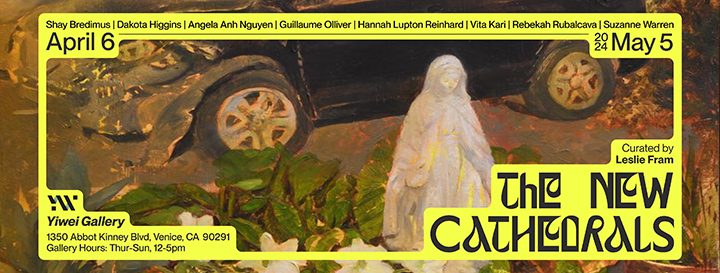



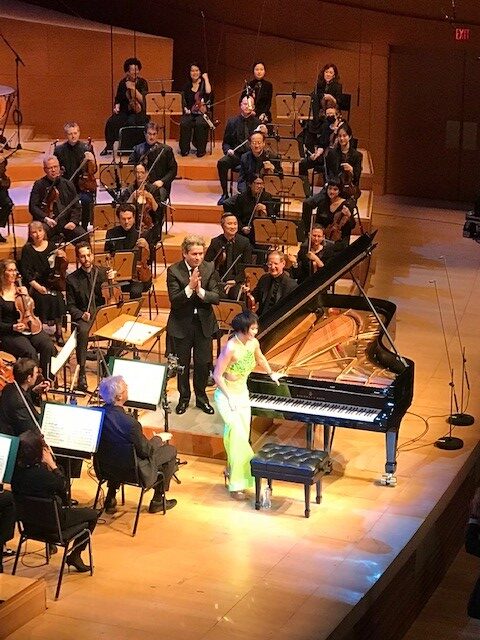
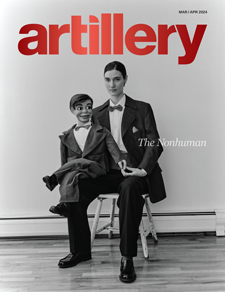
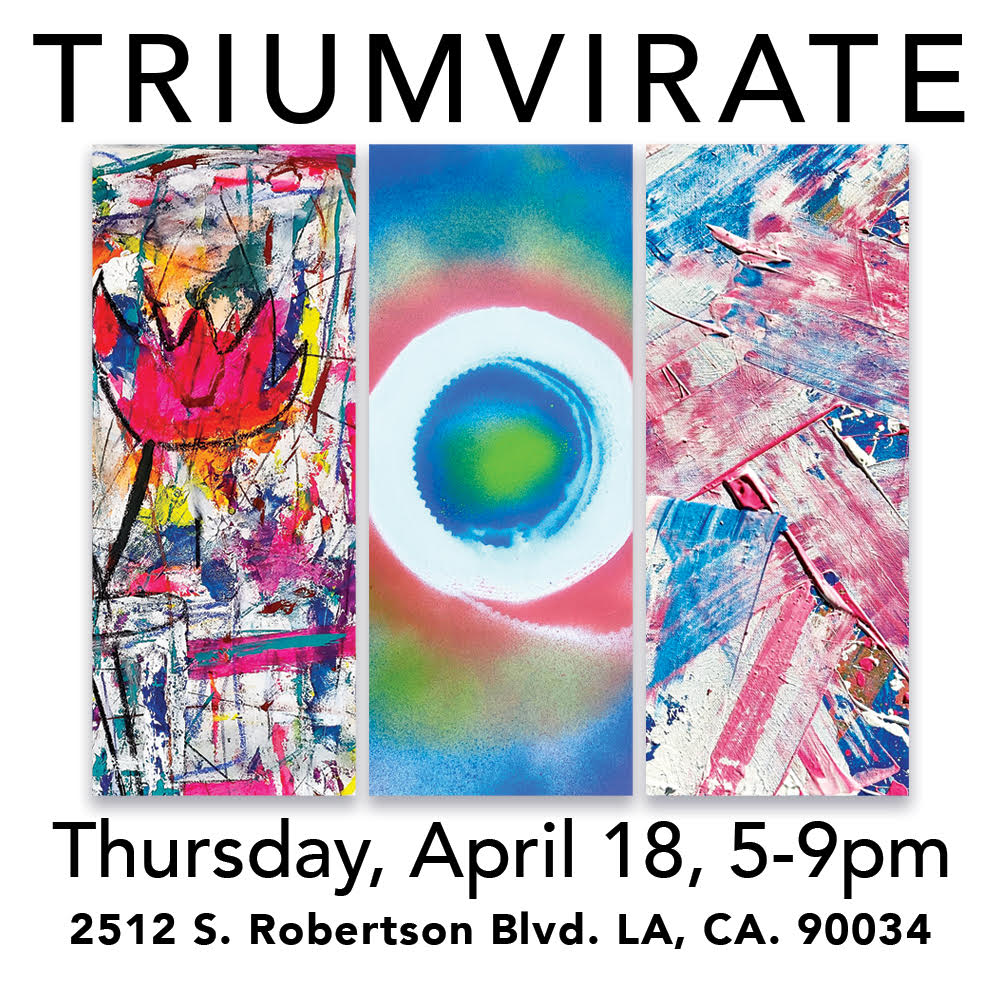





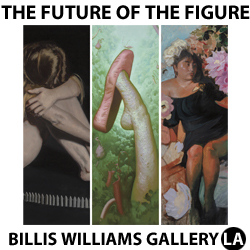

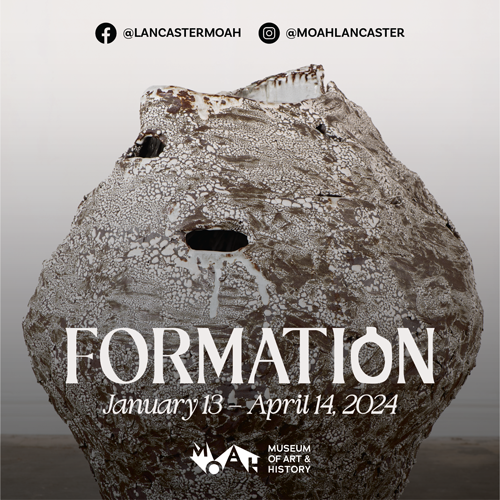


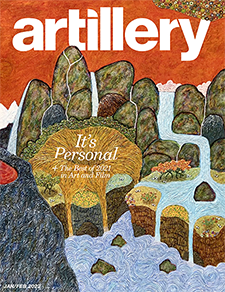
0 Comments